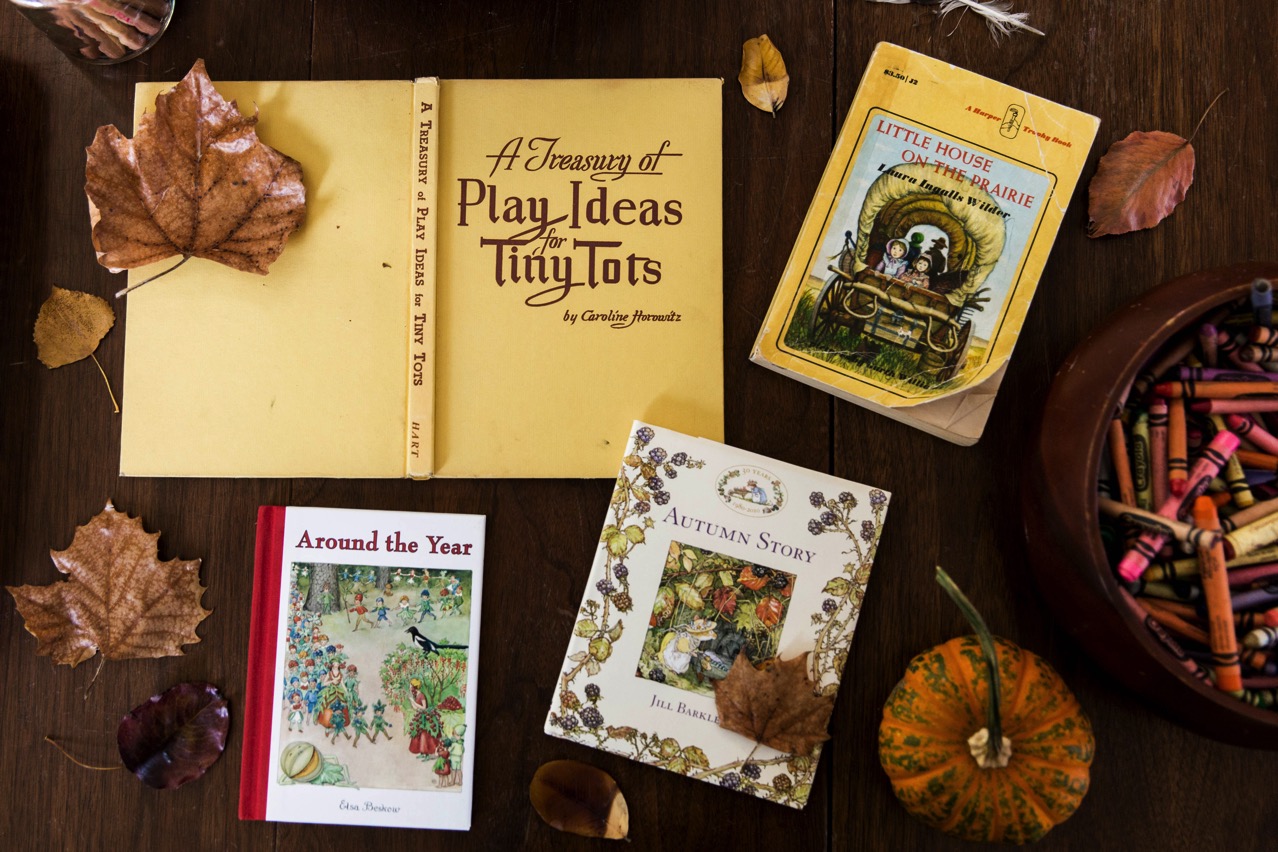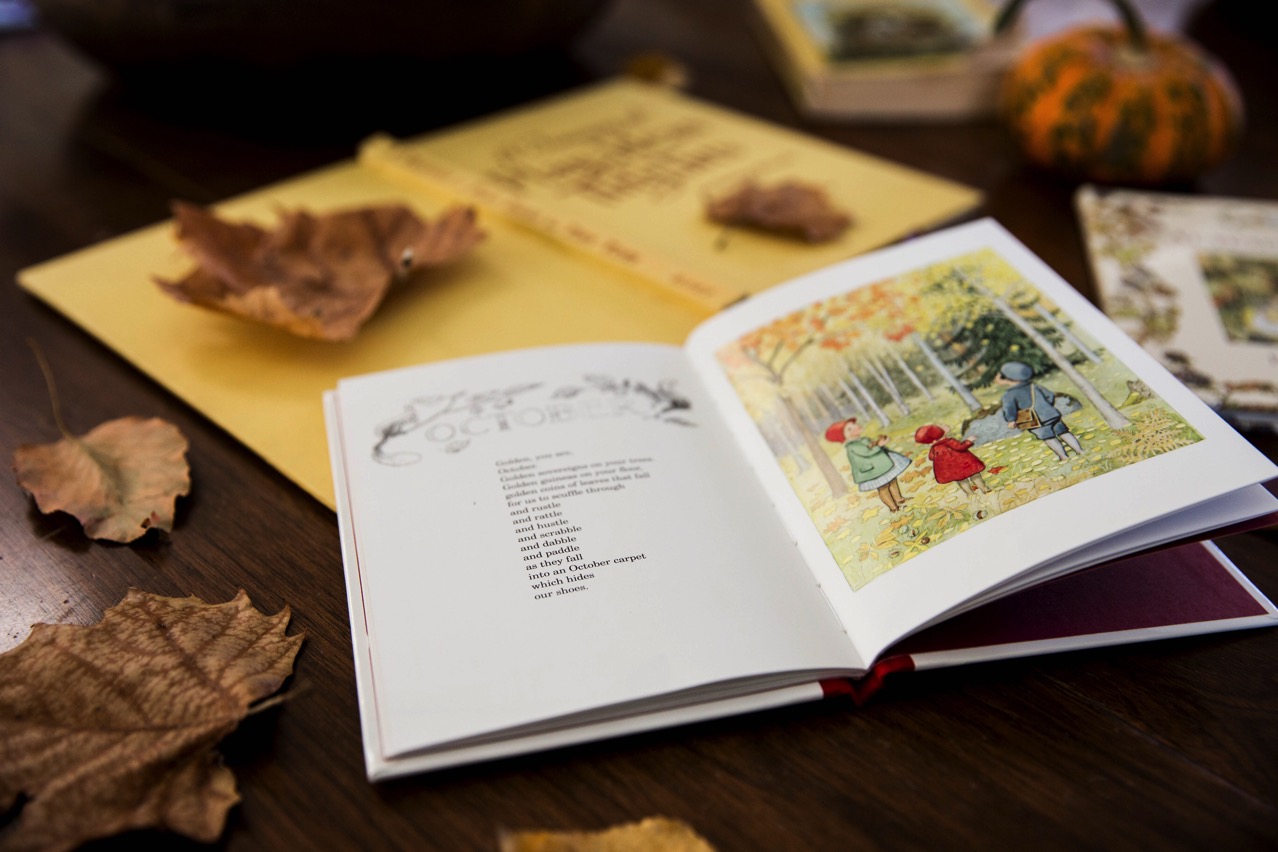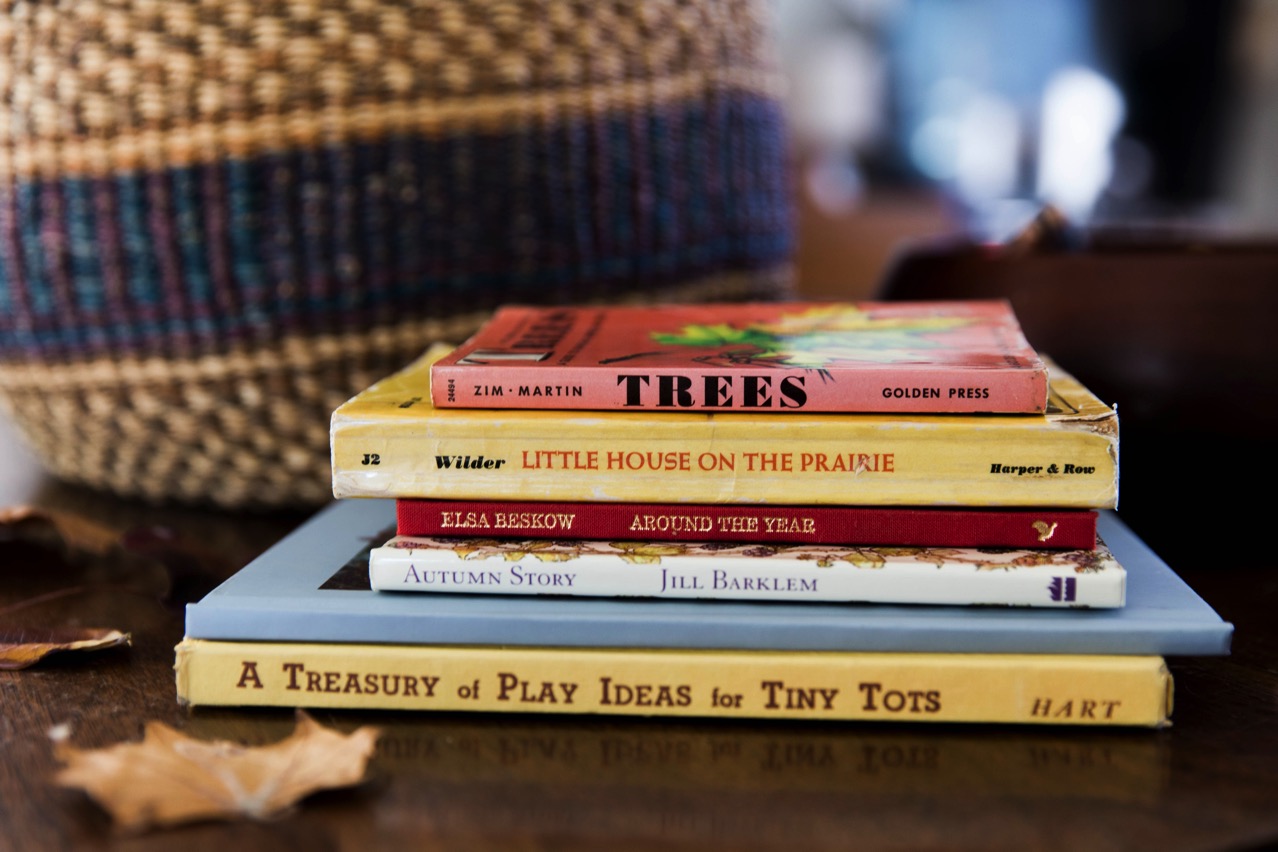This post may contain affiliate links.
Taking charge of our children’s education can be both empowering and daunting. Many of us turned down this road looking for options in education but found ourselves wading through cluttered websites, confusing curriculum spreadsheets, and state standards.
While there are many paths to research and consider, most of us need a way to simply begin. And we need to start with small, doable steps.
Enter, the morning basket!
The morning basket was the first truly concrete idea I came across in the homeschooling world. I encountered it in the middle of a two-month depression buried underneath a pile of curriculum spreadsheets. With public school fading out as an option, I was trying to make peace with the fact that homeschool was going to be a horrible, depressing reality that I was just going to have to learn to live with.
But wait…a basket of books? By contrast to everything else I had been given, it was so simple. As in, I could start right away. Not only that, but it actually got me excited! (Because who doesn’t love fairy tales and cozy picture books about motherly wood mice brewing acorn tea? If not, well…don’t tell me!)

The morning basket saved our homeschool. I wish I had started it long before we had even started thinking about home education at all!
This is why I recommend that all new homeschoolers (or those of you in the early research stages) begin by simply by filling a basket with books to read together.
Beyond just reading together, this time becomes the nucleus of the school day. It is used to cover subjects that the whole family can engage in together: Bible reading, poetry, scripture memory. It can also cover subjects like science, geography, history, and literature.
Does this sound too good to be true? It’s not. It is actually school.

Here is why I recommend you start with a morning basket:
It’s Universal
No matter what homeschool philosophy you choose, you will very likely be reading aloud to your children for some portion of your homeschool. This especially applies to those of you with pre and early readers. Not to mention, a lot of us signed up for this homeschooling thing with the idea that we wanted to give our children education beyond just dry academics. A morning basket ensures that Bible reading, scripture memory, poetry, and just-for-fun reading stay at the forefront of our days.
It Grows with You
Your basket will grow and change with you through the weeks and months. For kindergarten we did nothing but a morning basket and outdoor play. We read Bible stories, children’s poems and picture books from the library. When it was time for first grade we added more living books for literature, science and history. At times we have even added activities like phonics flash cards and practical memory work like addresses and phone numbers. In our fourth year of homeschool our morning basket is growing with us as we study medieval times and European history.
It Travels
This year our morning basket is actually not in the mornings at all! We work it into our newborn’s schedule!

It Meets the Needs of Multiple Ages
Experienced homeschool mothers will tell you that when you are teaching a range of ages, you should read books appropriate to the oldest children in the group. Having a four-year-old tagging along with us, I can see exactly why they say to do this!
It’s Agile
Many times I have put books in our basket that were either too long or too dry for my girls. Some of them even came highly recommended from other moms, but they just didn’t work for us. The great thing about a morning basket? If a book isn’t working, all you have to do is take it out of the basket. Sometimes we just abandon something all together, while other times we may try to replace it with a more readable book on the same subject.
Resources for Your Basket
If you’re still not convinced that reading aloud together on the couch can be school, then here is some really helpful reading that I recommend! (You will find book suggestions and lists in these also!)
The Read Aloud Handbook by Jim Trelease
For the Children’s Sake by Susan Schaeffer Macaulay
Honey for a Child’s Heart: The Imaginative Use of Books in Family Life, by Gladys Hunt
